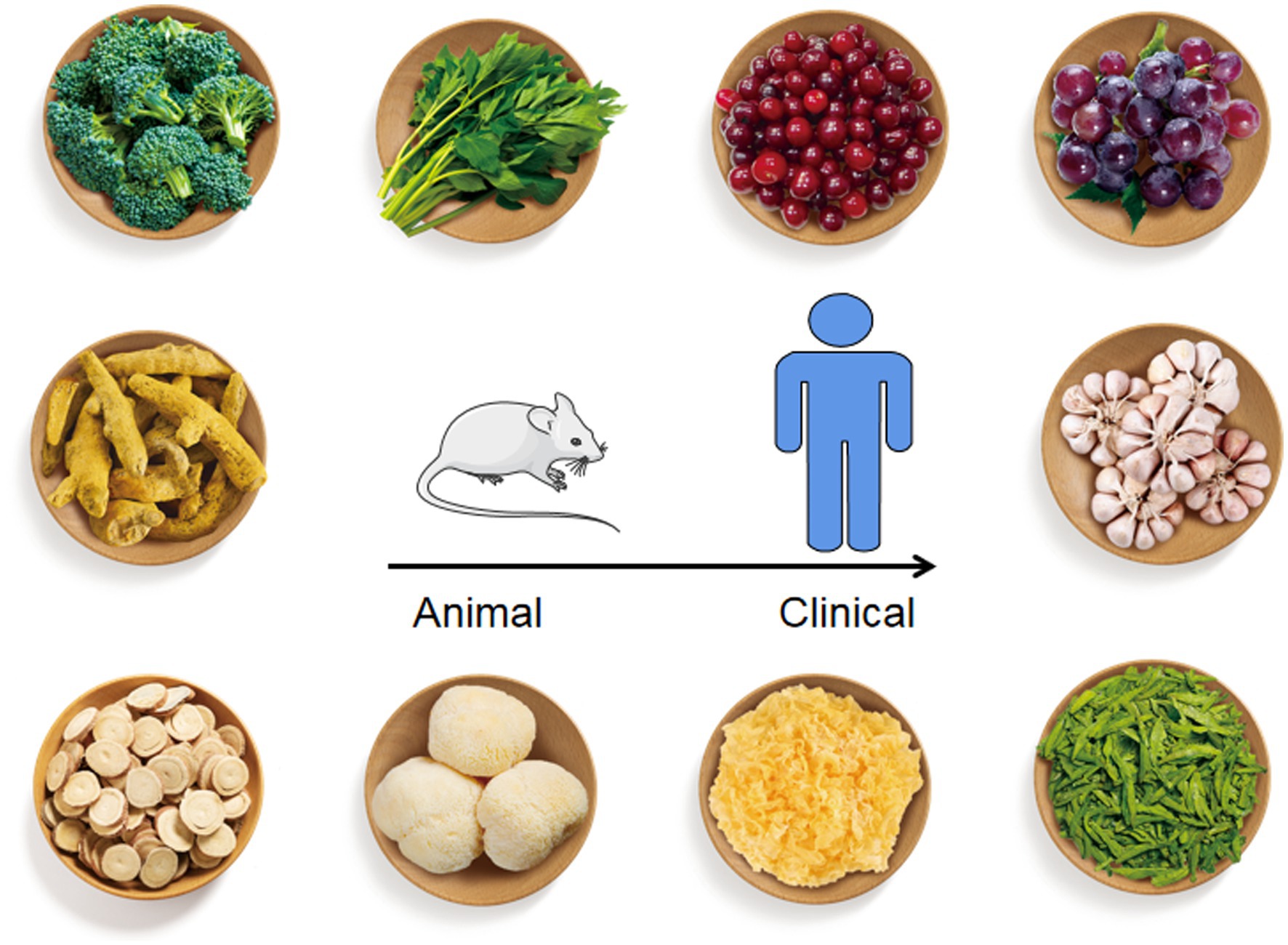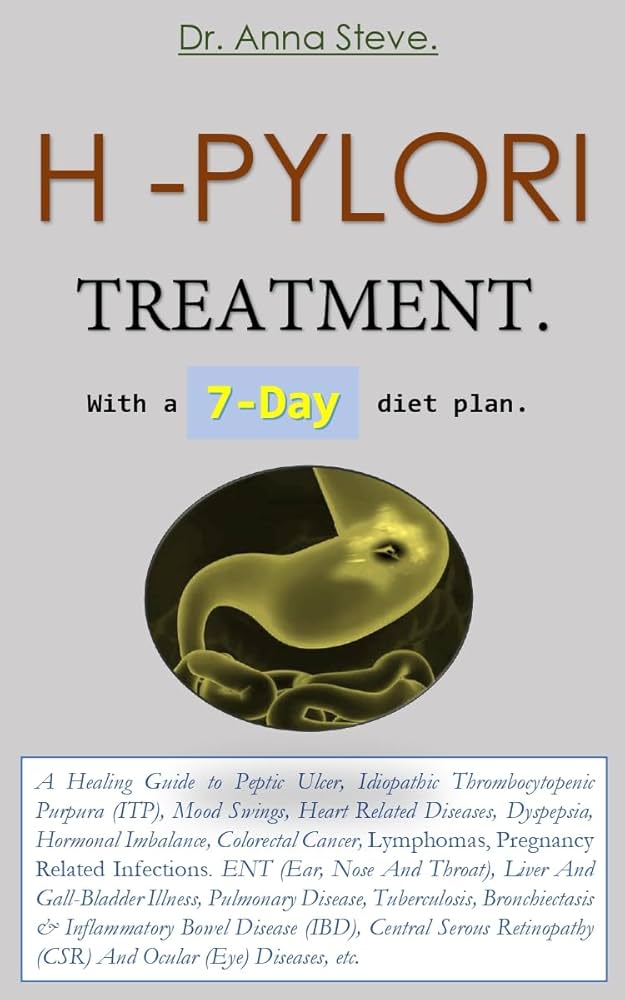Practical Guide to H. Pylori Diet: 7 Effective Foods for Better Gut Health in 2025
Managing an H. pylori infection effectively involves not just medical treatment but also dietary modifications. The H. pylori diet focuses on healing and supporting gut health, aiming to reduce symptoms and improve overall digestion. In this article, we will explore some of the best foods to include in your diet for H. pylori, foods to avoid, and general dietary tips that can help you on your healing journey.
Understanding H. Pylori: Symptoms and Dietary Needs
H. pylori is a type of bacteria known to cause infections in the stomach, leading to various digestive ailments, including chronic gastritis and ulcers. The symptoms of H. pylori infection can include bloating, abdominal pain, and nausea. When dealing with these symptoms, it’s crucial to adopt a tailored diety for H. pylori, focusing on foods that promote healing and alleviate discomfort.
Common Symptoms of H. Pylori Infection
Patients often experience a range of symptoms when infected with H. pylori. Some common ailments include persistent stomach pain, frequent burping, and lack of appetite. Due to the bacteria’s impact on gut health, affected individuals might also suffer from indigestion and heartburn. A careful diet can play a vital role in managing these symptoms. Incorporating gut-friendly foods that support healthy digestion can significantly reduce discomfort associated with H. pylori.
Importance of Diet in Managing H. Pylori
The H. pylori diet emphasizes foods that can help balance the gut microbiota and reduce inflammation. Strategies involve avoiding processed foods, excess sugars, and high-fat meals while incorporating plenty of fruits, vegetables, and whole grains, which enhance overall digestive health. While medications treat the infection, a diet focusing on gut-friendly foods can improve treatment outcomes and help alleviate gastrointestinal symptoms.
7 Effective Foods for H. Pylori Gut Health
When building a meal plan around an H. pylori infection, knowing which foods to prioritize is crucial. Here are seven effective foods to include for better gut health:
1. Fermented Foods
Fermented foods are rich in probiotics, beneficial bacteria that can help restore balance in the gut. Foods like yogurt, kefir, sauerkraut, and kimchi support digestive health by enhancing the gut flora. Including these in your H. pylori treatment diet can promote healing and improve digestion. Regular consumption of these foods can result in improved gut function and decreased H. pylori symptoms.

2. Garlic
Garlic is known for its antimicrobial properties and can potentially inhibit the growth of H. pylori bacteria. It’s a great addition to your meals or can be consumed raw. Incorporating more garlic in your dishes not only helps fight the infection but also supports gut health due to its antioxidant effects.
3. Green Tea
Rich in catechins, green tea has shown potential in fighting H. pylori. Regular consumption may also aid in reducing inflammation, which is beneficial for those with gut issues. Replacing coffee or sugary beverages with green tea can foster a healthier gut environment and may assist in managing H. pylori symptoms.
4. Broccoli and Other Cruciferous Vegetables
Cruciferous vegetables like broccoli, cauliflower, and Brussels sprouts are loaded with fiber and essential nutrients that can promote healing and support overall gut health. They help maintain a balanced gut and provide nutrients while minimizing symptoms associated with H. pylori. Incorporating these veggies into your daily meals can benefit your H. pylori diet plan.
5. Berries
Berries, particularly blueberries, are rich in antioxidants and can help reduce inflammation in your digestive tract. They also support immune function, which is crucial when managing an H. pylori infection. Adding a handful of berries to your breakfast can sweeten your meal while also bringing numerous health benefits.
6. Omega-3 Fatty Acids
Foods high in omega-3 fatty acids, such as fish (like salmon and sardines) and flaxseeds, can help reduce inflammation in the gut. Regularly including these foods in your diet supports a healthier digestive system and enhances the body’s ability to fight infections, including H. pylori.
7. Sweet Potatoes
Rich in dietary fiber and vitamins, sweet potatoes are gentle on the stomach and can help soothe your digestive tract. They can form a part of a comforting meal while helping to ensure that your gut health remains optimal. Incorporate sweet potatoes in your meals to nourish your body and support H. pylori treatment.
Foods to Avoid When on an H. Pylori Diet
Just as important as the right foods are the ones to avoid. Here are some foods you should steer clear of when following an H. pylori diet.
1. Spicy Foods
While many enjoy spicy foods, they can irritate the stomach and exacerbate symptoms associated with H. pylori. It’s advisable to limit the intake of spicy seasonings, as they can contribute to discomfort, especially during treatment.
2. Processed Foods
Processed foods often contain unhealthy fats and sugars that can disrupt gut health. They are typically low in nutrients and can aggravate symptoms related to H. pylori infection. Avoiding these foods is crucial to maintain a healthy digestive balance.
3. Caffeinated and Carbonated Beverages
Drinks that are high in caffeine or carbonation can lead to increased acid production in the stomach. This can provoke irritation and discomfort in individuals with H. pylori. Choosing water or herbal teas can be a much better option.
Conclusion: Embracing a Holistic Approach to H. Pylori Treatment
Adopting an H. pylori treatment diet involves conscious decisions about the foods and beverages consumed. Incorporating the right foods while avoiding irritants is essential for healing the gut and improving overall health. By following the dietary tips outlined above, you can take significant steps towards managing H. pylori effectively and enhancing your gut health.
FAQ
1. What are the best H. pylori friendly foods to consume?
Some of the best foods to include in your H. pylori diet are fermented foods, garlic, green tea, and omega-3 fatty acids. These foods help support gut health and can potentially inhibit the growth of H. pylori.
2. Are there any foods I need to avoid while on an H. pylori diet?
Yes, you should avoid spicy foods, processed foods, and caffeinated or carbonated beverages as they can aggravate inflammation and symptoms related to H. pylori infection.
3. How does stress affect H. pylori symptoms?
Stress can exacerbate gut issues and symptoms related to H. pylori. Implementing mindfulness and relaxation techniques can be beneficial for managing both stress levels and digestive health.
4. Can probiotics help with H. pylori treatment?
Yes, probiotics play a significant role in restoring gut balance and can aid in the recovery from H. pylori infections. Foods rich in probiotics, such as yogurt and kefir, are recommended.
5. How long should I follow the H. pylori diet?
This diet can vary depending on individual circumstances. It’s best to consult with a healthcare professional for tailored advice and to determine how long to maintain the diety for H. pylori based on your treatment progress.
6. What are some natural remedies for H. pylori?
Natural remedies include garlic, green tea, and fermented foods. Herbal supplements may also assist in managing H. pylori infections; however, always consult with a healthcare provider before starting any new treatment.
7. Is it necessary to eliminate all acidic foods?
Not all acidic foods need to be eliminated, but those sensitive to acidity should be cautious. This often includes citrus fruits or vinegars. A balanced approach is important, focusing on overall gut health and symptom management.
